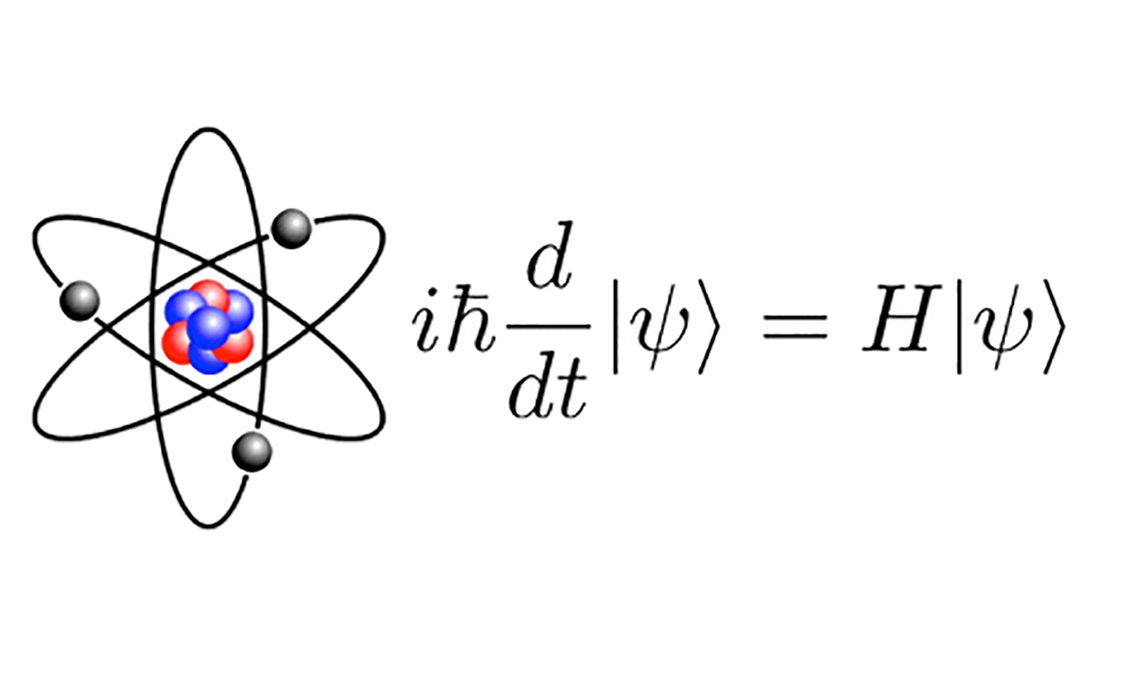This is the first of a two-semester subject sequence that provides the foundations for contemporary research in selected areas of atomic and optical physics, including the quantum-mechanical behavior of atoms and photons, and how these properties may relate to quantum information processing.
Topics covered include the interaction of radiation with atoms: resonance; absorption, stimulated and spontaneous emission; methods of resonance, dressed atom formalism, masers and lasers, cavity quantum electrodynamics; structure of simple atoms, behavior in very strong fields; fundamental tests: time reversal, parity violations, Bell’s inequalities; and experimental methods.



